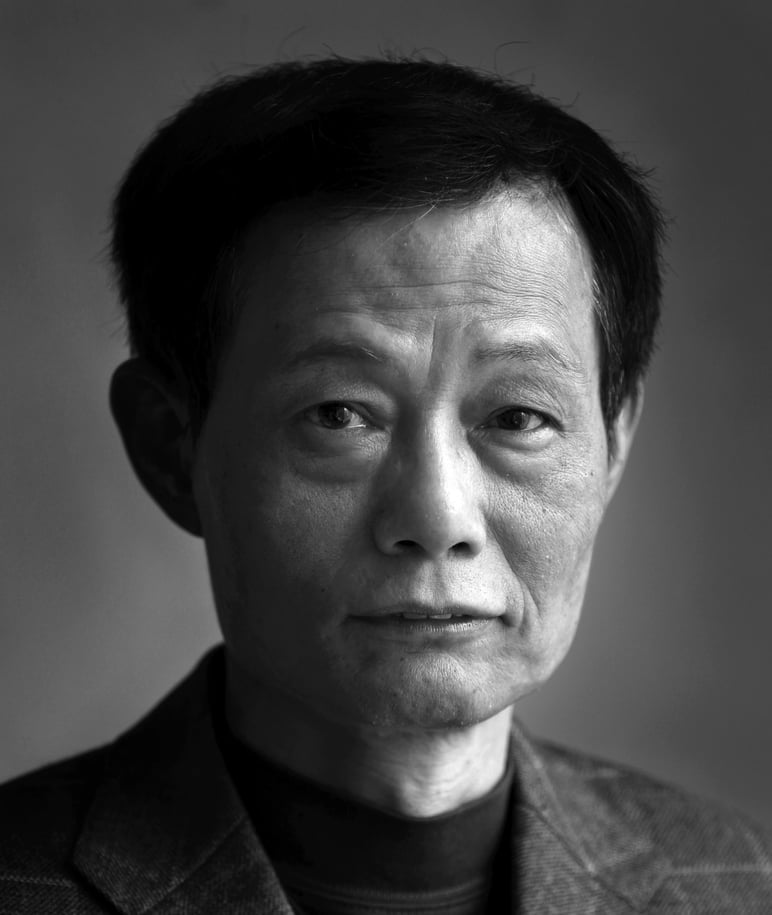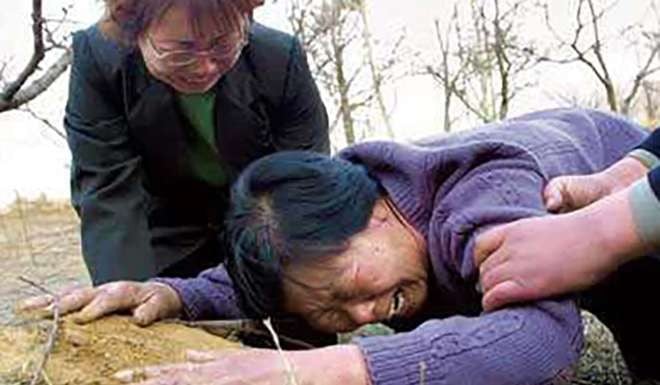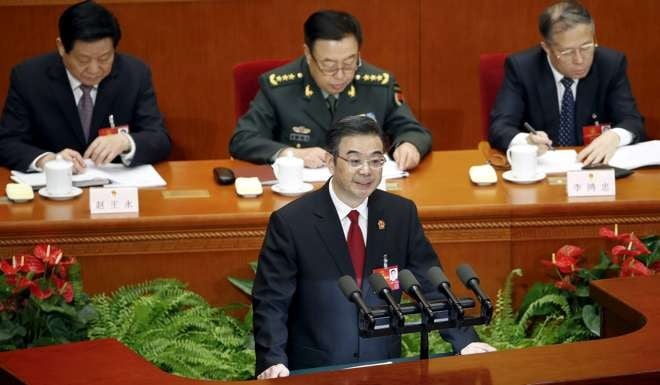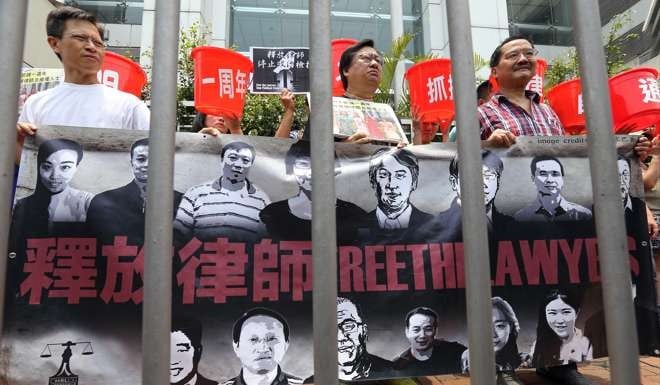
No sign of change in China’s deeply flawed criminal justice system
Cary Huang says instances of miscarriage of justice, as highlighted by the exonerations of two wrongly executed young men, reveal the price paid by the people for the hubris of officials
A critical difference in the tenet of criminal proceedings between the rule of law and absolute government is that the former might prefer having a fugitive rather than a miscarriage of justice, whereas the latter would rather produce injustice than a fugitive.
Early this month, the Supreme People’s Court declared that Nie Shubin, a 21-year-old from Hebei who was executed in 1995 for rape and murder, was innocent. His family had begun to seek redressal only when another man, Wang Shujin, admitted in 2005 to committing the crimes.
For still too many, the road to justice is long in China
The tragedy for Nie’s family is that the wounds can never be healed or lost life recovered. Nie, who would have been 42 this year, was blamed for 21 years for a crime he didn’t commit. The government did not notify his parents of the execution. His father tried to commit suicide, and his mother has been fighting to prove his innocence.

Man executed for rape, murder 21 years ago cleared by China’s highest court
Nie’s case once again turned the spotlight on the criminal justice system, and raised a big question about the Communist Party’s claims of reforms to uphold justice.

Wife of Chinese rights lawyer fears for missing husband
Under the rule of law, a verdict is usually delivered after facts and evidence are presented and cross-checked by both the prosecution and defence. The prosecution bears the burden of proof to show beyond reasonable doubt that the accused is guilty. There are also a number of rights afforded to the defendant and defence lawyer in a criminal trial, to ensure a reasonable and fair verdict.

China’s courts must face up to their own errors
At the centre of such cases is the lack of judicial independence and division of power in China, as well as a check-and-balance arrangement among state organs of law enforcement: the police, procurator, judge and lawyer.
Watch: What happened to China’s rights lawyers?
It seems obvious that when another person confesses to a crime or a claimed victim is found alive, a previous murder verdict is proven to have been wrong. Still, it took Nie’s family, lawyers and journalists 11 more years of campaigning to clear his name, due to the resistance of officials.

Nie’s case has exposed the deep-rooted flaws in China’s party-dominated judicial system, which runs contrary to the rule of law.
Cary Huang is a senior writer at the Post

